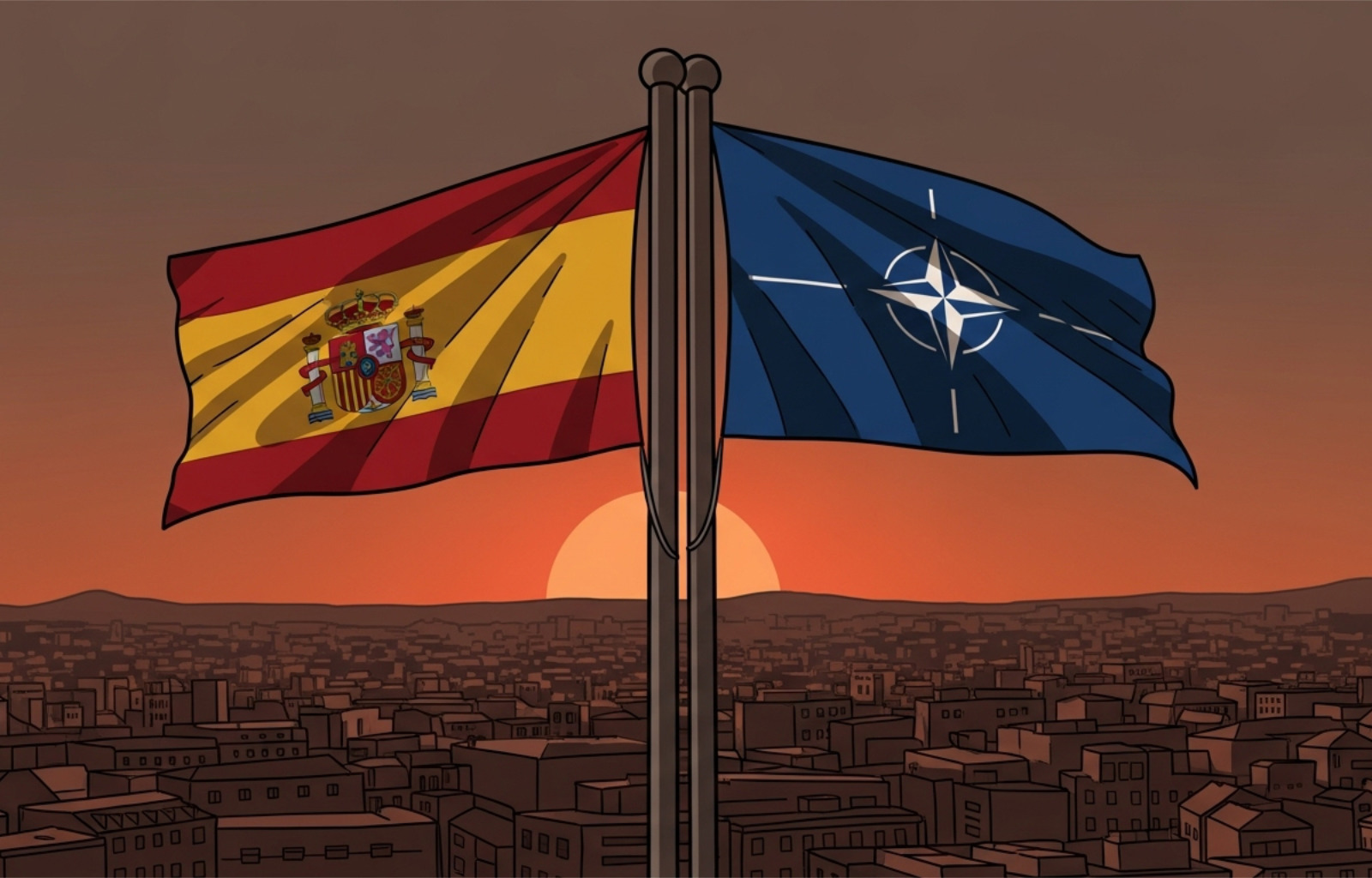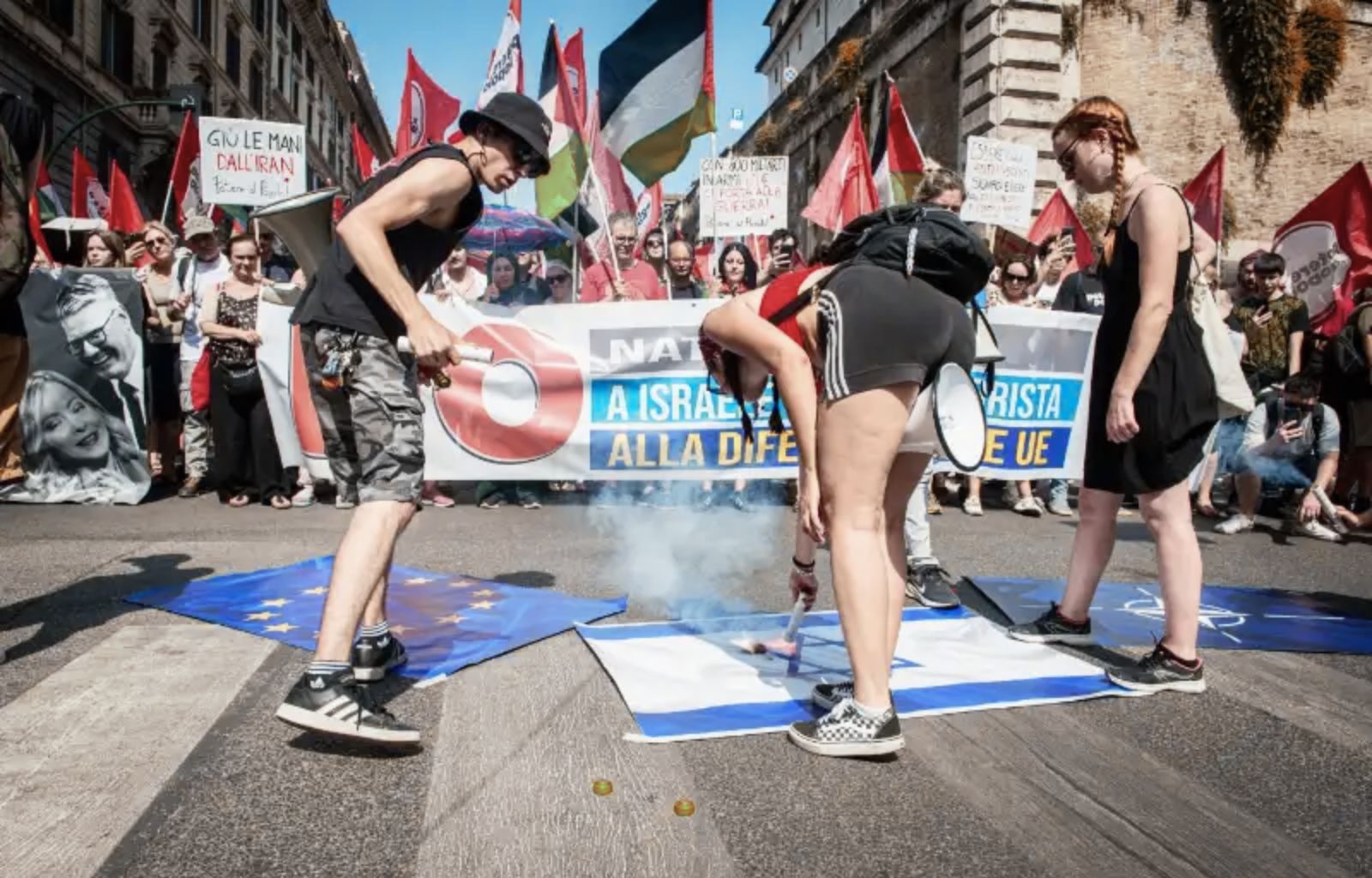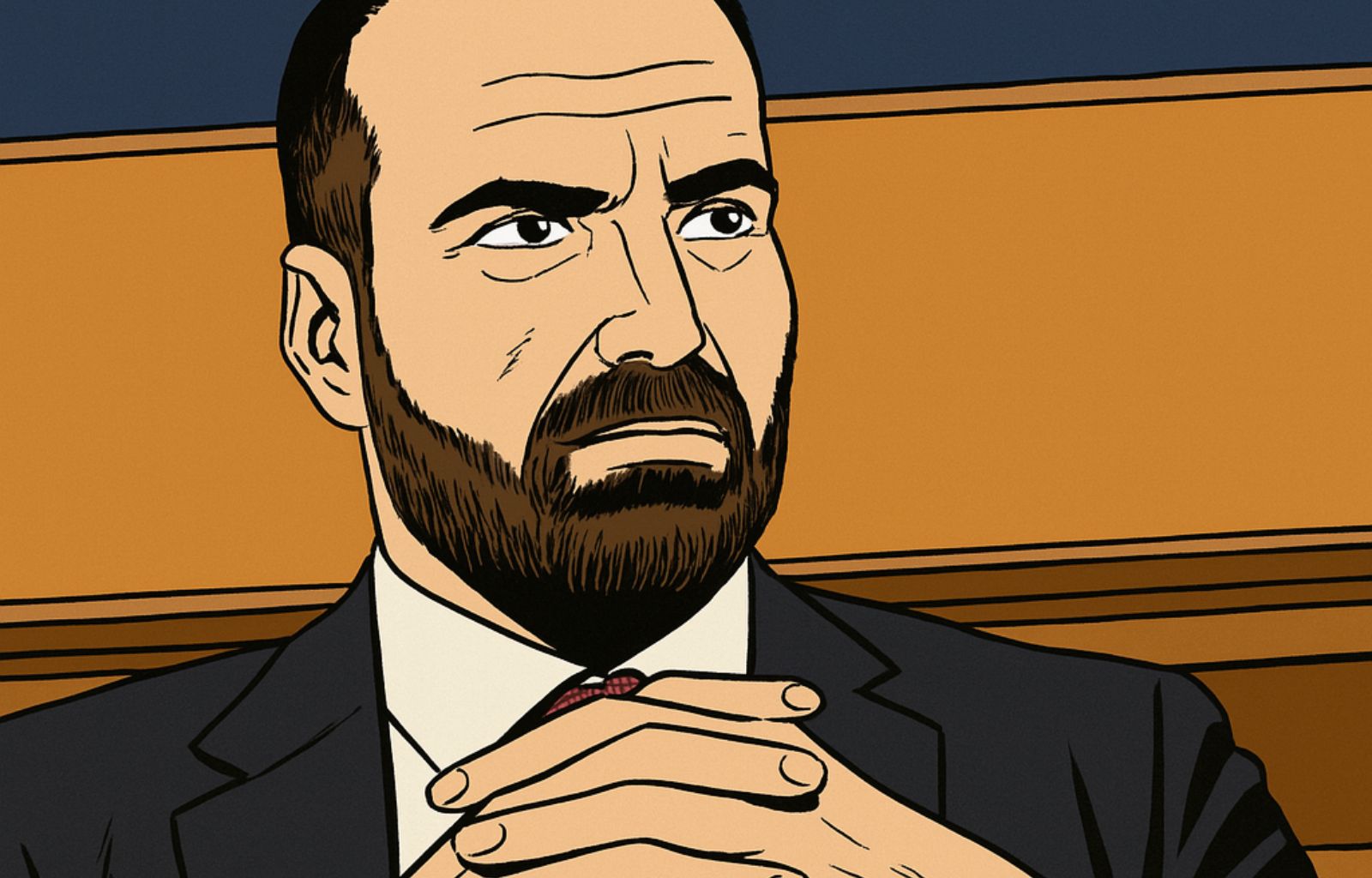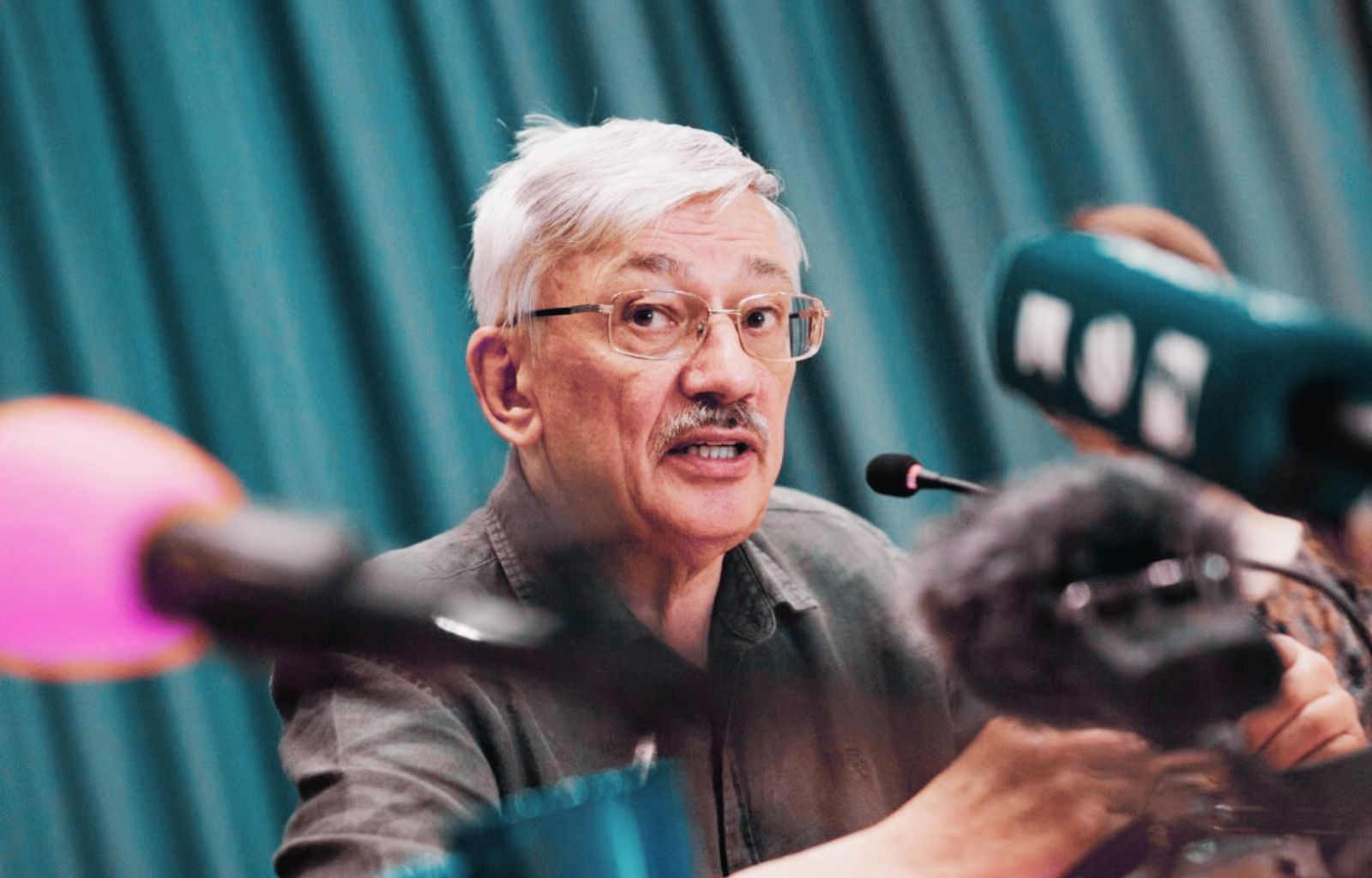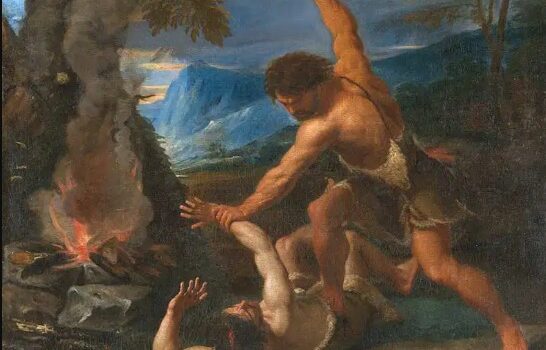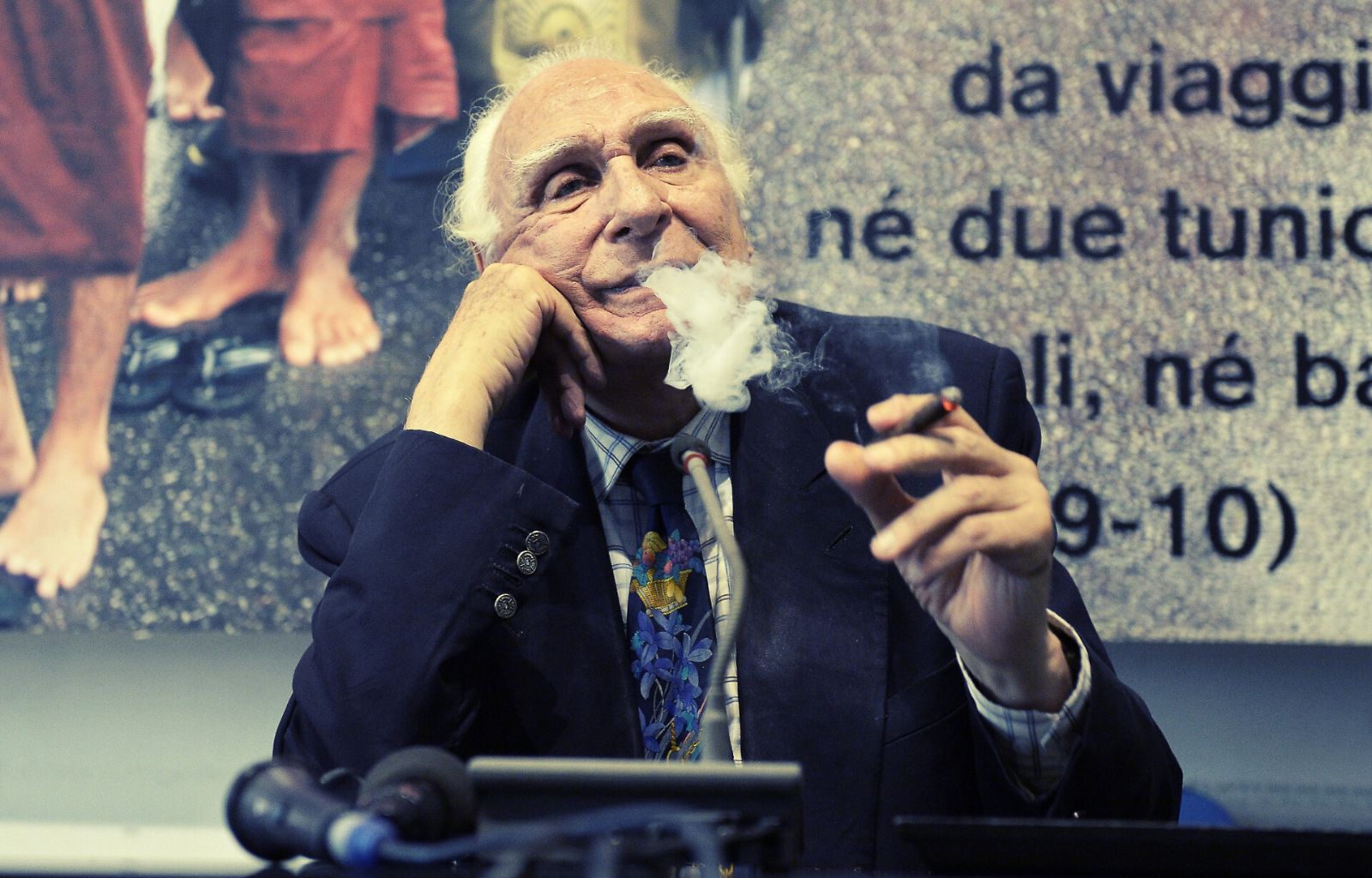A new bridge between Rome and Jerusalem: the strategic and moral value of Jewish-Christian dialogue
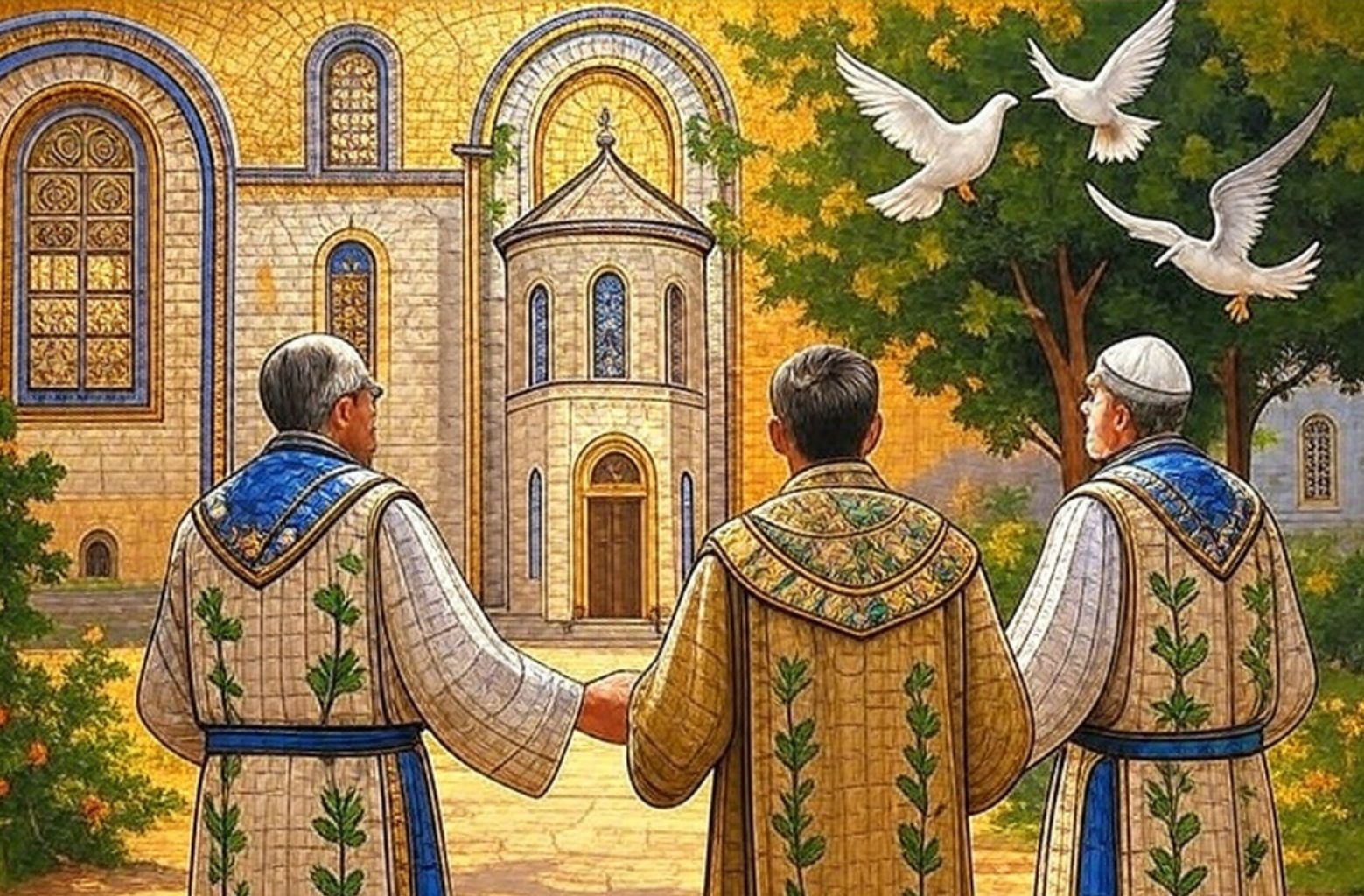
Pope Leo XIV’s message to the Chief Rabbi of Rome reopens a season of hope and shared responsibility among the faiths of the West
The message sent by the newly elected Pope Leo XIV to the Chief Rabbi of Rome, Riccardo Di Segni, is a gesture loaded with symbolic and political significance, which deserves to be analysed in its depth. More than a mere institutional courtesy, the new Pontiff ‘s personal greeting to the highest authority of Italian Judaism represents a renewed commitment to strengthening interreligious dialogue between the Catholic Church and the Jewish people. It is an invitation to collaboration that fits into the furrow traced by the Second Vatican Council, in particular by the historic declaration NostraAetate of 1965, which marked an irreversible turning point in relations between Christianity and Judaism.
The weight of memory and the challenge of the present
20th century‘s history has handed us the painful legacy of the Shoah, but also the slow and courageous reconstruction of a relationship between the Catholic Church and the Jewish communities based on an awareness of error and a desire for reconciliation. The Popes’ visits to the synagogue in Rome, doctrinal documents and academic and spiritual meetings have helped to build a common language of respect, listening and cooperation. However, at a time of new global tensions, it is no longer enough to celebrate what has been: we need to reinvigorate this relationship, invest it with a shared mission and update it to the urgencies of our time.
TheWest, in its secular, Christian and Jewish components, is today faced with an epochal challenge: how to defend and relaunch democratic values, respect for individual freedoms and the dignity of the human being in a world crossed by new forms of fundamentalism, religious violence and cultural disintegration? In this scenario, dialogue between Judaism and Christianity is not just a theological or diplomatic issue, but a strategic necessity for the moral and identity resilience of Europe and the West as a whole.
A moral alliance against extremism
Pope Leo XIV ‘s message is set in a context in which fundamentalistorthodoxy and Islamic fundamentalism are advancing in many areas of the world, fuelling religious intolerance, suppression of minorities, and rejection of the fundamental principles of pluralism. This phenomenon cannot be tackled by military or economic means alone, but requires a cultural and spiritual response involving the great monotheistic traditions of the West.
In this sense, aJewish-Christian alliance that is neither exclusive nor confrontational towardsmoderate Islam, but is based on the common recognition of the values ofbiblical humanism, social justice, respect for the person and peace, can offer a horizon of hope for millions of citizens, believers and non-believers alike, who recognise themselves in the Western cultural tradition and reject all forms of radicalism and fanaticism.
Religions as a public resource
Contrary to what is often claimed, religions are not a threat to democracy, but can be a valuable resource for it if oriented towards dialogue andcivic engagement. In this perspective, the new pope seems to want to reaffirm a vision of Catholicism that is open, inclusive and responsible, which recognises in the Jewish people not only the ‘roots’ of Christianity, but an active partner in the construction of a more just and supportive society.
The fact that the Chief Rabbi will participate in the pontifical inauguration ceremony is a sign that this spirit is shared. But neither solemn images nor good intentions will suffice: concrete gestures will be needed; spaces for structured confrontation, common initiatives in the educational, cultural and social fields, to give substance to this moral alliance.
For a new western pact
In this time of disenchantment and polarisation, there is an urgent need to rebuild a pact between religious consciences and civil society. Not to impose dogmas, but to offer visions of meaning, to nourish public debate with profound ethical perspectives, capable of resisting the superficiality of ideological and media consumption. In this, the Jewish-Christian dialogue has an as yet unexpressed potential: it can be the spiritual heart of Europe, a laboratory of shared humanity where difference is not an obstacle, but a resource.
Conclusion: a common path
Pope Leo XIV ‘s words and Rabbi Di Segni ‘s response remind us that, in times of uncertainty, dialogue between religions can be a stable anchor. But that dialogue must become common action, a daily building of trust and collaboration, even in the most difficult times. It is time for Christians and Jews to recognise each other as allies, not only in faith, but in the defence of human dignity, religious freedom and the very future of Western civilisation. This is a historic task, which cannot be postponed.

